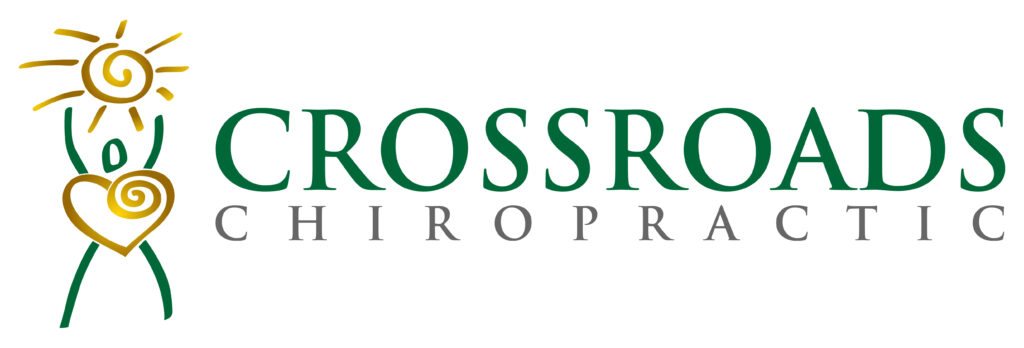Vacation season is upon us. Sunny days and traffic jams are here. I took a vacation last month. Well, not a vacation, but a “stay-cation”, as some call it. I typically take two weeks off a year, one around Christmas and one in the summer. We decided to stay local, because 1) we had family coming from 20 hours away to visit us here and 2) we live in the Lakes Region, which essentially means we are blessed to find ourselves in a vacation spot daily. While I was resting, I did find myself occasionally thinking about work and things I should be doing or could be doing, instead of recharging. I think this is common feeling for most folks…whether it be a day off, a free hour, or a vacation; the feeling that I should be busy always lurks. Let me give you (and myself) a piece of advice: you don’t have to feel this way.
I don’t know where this fallacy comes from that we should always be busy. This is just who we are as a culture now. A report in 2013 from the Center for Economic and Policy Research looked at the 21 countries considered advanced economies or rich nations. These countries were 16 European countries, the US, Australia, Canada, Japan, and New Zealand. Our country is the only one NOT required to give workers paid vacation. The fact is: without paid vacation it’s hard for many to take time off. Furthermore, many folks are not too busy by choice, but simply have to work more than one job to make ends meet. This is our reality as Americans currently: to keep up, we have to stay busy. Money isn’t the only thing that stops us though. In fact, according to a 2014 Glassdoor survey US employees only take 51% of their PAID time off. The pressure to be productive, to protect your job, or to try and get ahead appears to be too great. Being active and productive is good for an individual. There does come a point, though, where it is too much and it can become a health issue. There are connections to those who vacation/ take time off from work with increased happiness and decreased depression. There is also evidence according to the Framingham Heart Study that men who take time off are 32% less likely to have a heart attack and women are 50% less likely. Time off appears to increase health.
The fact remains we all need our jobs: we have bills to pay and ends to meet, I get that. However, if you are too stressed, depressed, and generally burned out, then those obligations are creating long term issues and it will not be worth it to grind out today to mortgage tomorrow. So what do we do? Well, if you have time off – take it! Get away, take a road trip, just go. Yet, you don’t have to go anywhere and you don’t need to spend a bunch of money. If you can’t go away somewhere fun, then make home fun. Sleep in, take a lazy day, read a book, rent a movie, go for a walk, swim in the lake, do whatever you want. Just take the time for yourself. On the other hand, if you really can’t take time off work because you get no paid leave, my advice is this: you still have to take time for yourself. Maybe it’s only a long weekend, or maybe it’s a hour per day, but you have to turn off your brain, unplug, and be free. Your health is too valuable.
Our health mindset, is generally built on disregarding the future to survive today. This will always lead to more problems in the future. Bigger problems, problems that are more expensive, more time consuming, and sometimes unable to be fixed. It is always preferable to “prehab” your life and health, then rehab it. Remember our health is worth taking care of today, maybe if we weren’t so busy we’d all remember that.
Bottom line is this: you need time for yourself, mentally and physically. It is your job to find this time because if you can’t voluntarily slow yourself down, eventually your health will do it for you, involuntarily. This is not an option, take control of your health and you take control of your life.
In Health,
Dr. Graham
